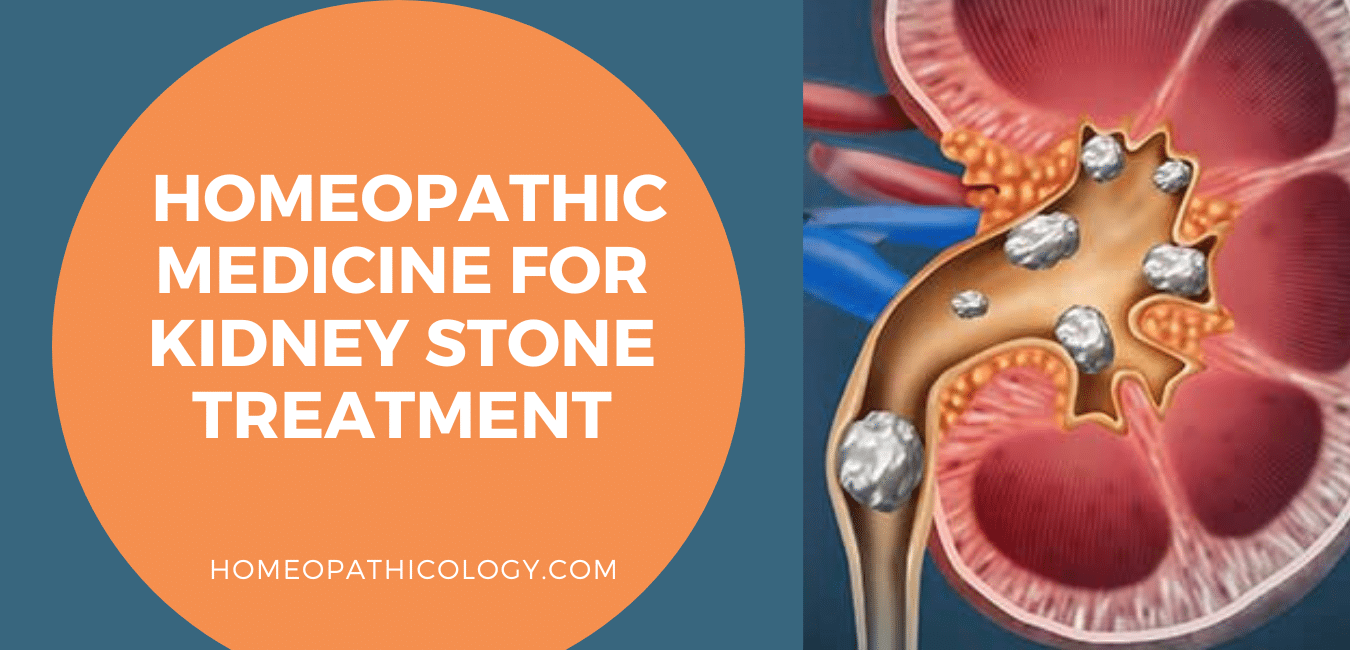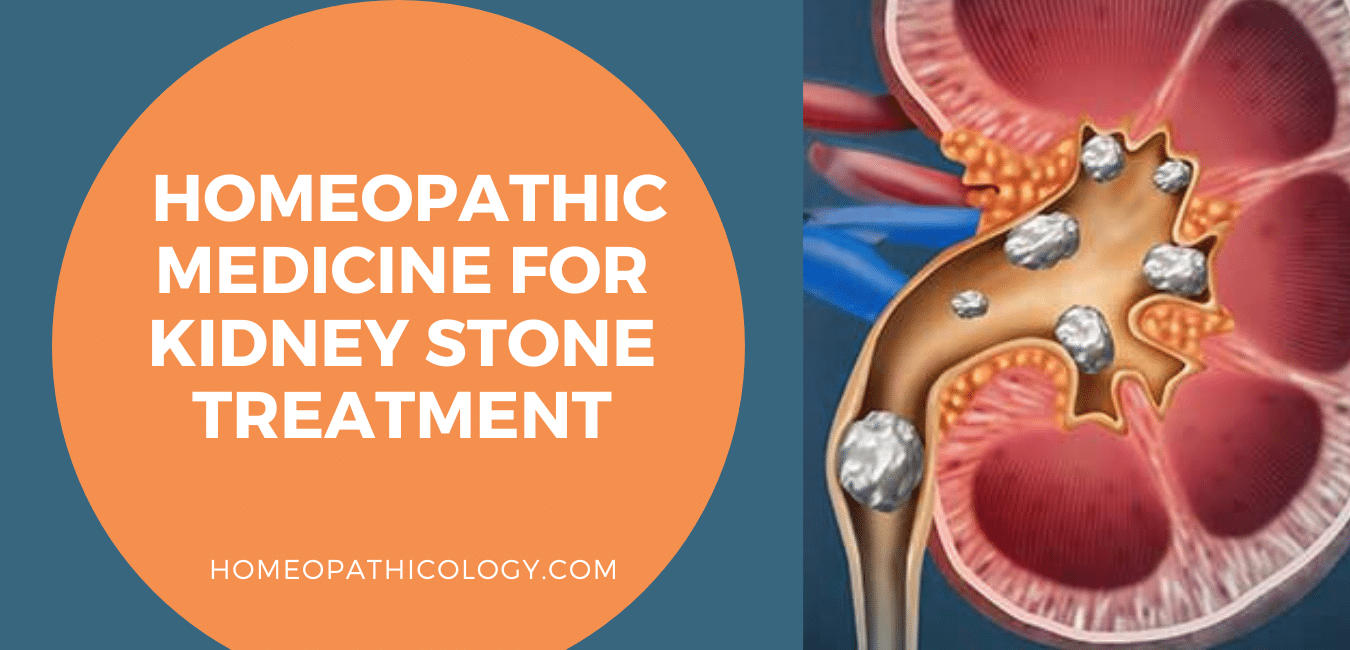Table of Contents
I. Introduction
Kidney stones are a common urological condition that affects a significant number of people worldwide. These small, hard mineral and salt deposits can form in the kidneys and cause various symptoms and complications. In this article, we will provide a comprehensive overview of kidney stones, including their types, prevalence, symptoms, diagnosis, treatment options, prevention strategies, and associated conditions.
The kidneys play a crucial role in filtering waste products from the blood and maintaining the body’s fluid balance. However, under certain circumstances, substances such as calcium, oxalate, and uric acid can crystallize and form solid masses known as kidney stones. These stones can vary in size, shape, and composition, leading to different types of kidney stones.

II. Understanding Kidney Stones
Kidney stones are hard, pebble-like structures that develop in the kidneys or urinary tract. They are typically formed when certain substances in the urine, such as calcium, oxalate, and uric acid, become highly concentrated and combine to form crystals. Over time, these crystals can grow into larger stones that may cause discomfort and pain.
Types of Kidney Stone
Calcium Stones
Calcium stones are the most common type of kidney stones, accounting for approximately 80% of cases. They are primarily composed of calcium oxalate or calcium phosphate. Excessive calcium and oxalate in the urine, as well as certain medical conditions, can increase the risk of developing calcium stones.
Uric Acid Stones
Uric acid stones form when there is an excessive amount of uric acid in the urine. They are more common in individuals who have a high-purine diet, suffer from gout, or have certain metabolic disorders. Uric acid stones can be prevented by reducing purine-rich foods and maintaining proper hydration.
Struvite Stones
Struvite stones, also known as infection stones, typically develop as a result of urinary tract infections. These stones can grow rapidly and become quite large. Prompt treatment of the underlying infection is crucial to prevent the formation of struvite stones.
Cystine Stones
Cystine stones are rare and occur in individuals with a hereditary disorder called cystinuria. This condition causes the kidneys to excrete excessive amounts of cystine, an amino acid. Cystine stones can be challenging to treat and often require a combination of medication and lifestyle changes.
III. Conventional Treatment Options for Kidney Stones
The treatment of kidney stones depends on factors such as stone size, location, symptoms, and the presence of complications. In many cases, smaller stones can pass naturally through the urinary tract without medical intervention. However, larger stones may require treatment.
Lifestyle Changes
For individuals with kidney stones, adopting certain lifestyle changes can be beneficial. These include increasing fluid intake, reducing sodium and animal protein consumption, and maintaining a healthy weight. Dietary modifications may also be recommended based on the stone composition.
Medications
Medications can be prescribed to manage and prevent kidney stones. Commonly prescribed medications include thiazide diuretics, which help reduce calcium excretion, and allopurinol, which lowers uric acid levels in the urine. Medications may vary depending on the type and cause of the stones.
Medical Procedures
Medical procedures are often necessary for the removal or fragmentation of larger kidney stones. These procedures may include extracorporeal shock wave lithotripsy (ESWL), ureteroscopy, or percutaneous nephrolithotomy (PCNL). The choice of procedure depends on the stone’s size, location, and other individual factors.
Complications and Associated Conditions
If left untreated or unmanaged, kidney stones can lead to various complications. These include recurrent urinary tract infections, kidney damage, blockage of the urinary tract, and loss of kidney function. Additionally, individuals with kidney stones may have an increased risk of developing other conditions, such as chronic kidney disease and osteoporosis.
IV. Introduction to Homeopathy
Homeopathy is a holistic system of medicine that was developed over 200 years ago by Samuel Hahnemann, a German physician. It is based on the principle of “like cures like,” which means that a substance that can produce symptoms in a healthy person can be used in a highly diluted form to treat similar symptoms in an individual who is unwell.
Kidney stones are a common urological condition that can cause severe pain and discomfort. While conventional medical treatments are widely available, some individuals seek alternative approaches, such as homeopathy, to manage their kidney stones. In this article, we will provide an introduction to homeopathic Medicines and explore its potential role in kidney stone treatment.
V. Homeopathic Medicines for Kidney Stone Treatment: An Overview
When it comes to kidney stone treatment, homeopathy offers a range of remedies that aim to address the symptoms and underlying causes of kidney stones. Homeopathic practitioners consider the unique characteristics of each individual, including physical, mental, and emotional aspects, to prescribe the most appropriate remedy.
- Berberis Vulgaris: This remedy is often used for kidney stones with sharp, shooting pains in the renal area that may radiate to the bladder. It is particularly helpful when there is blood in the urine and a burning sensation during urination.
- Lycopodium: Lycopodium is commonly prescribed for kidney stones with right-sided symptoms. It is useful when there are cutting or tearing pains in the kidneys, along with frequent urination and a sensation of incomplete emptying of the bladder.
- Cantharis: Cantharis is indicated for intense, cutting, and burning pains in the urinary tract. It is often used when there is a constant urge to urinate but passes only small quantities of urine. This remedy may also be beneficial in cases of kidney stones with severe inflammation or urinary tract infections.
- Sarsaparilla: Sarsaparilla is recommended when kidney stones cause sharp, cutting pains in the ureters. It is useful for stones that form due to metabolic disorders or chronic urinary tract infections. Sarsaparilla may also help alleviate burning sensations during urination.
- Calcarea Carbonica: This remedy is often prescribed for individuals with kidney stones who are overweight or have a sluggish metabolism. It can help reduce the risk of stone formation by addressing underlying metabolic imbalances.
- Urtica Urens Q: also known as the stinging nettle, is a homeopathic medicine that has shown effectiveness in reducing symptoms associated with kidney stones. It is particularly useful in cases where there is intense burning and cutting pain during urination. Urtica Urens Q may also help alleviate urinary tract infections and discomfort caused by stones.
- Pareira Brava Q: derived from the plant Chondrodendron tomentosum, is a homeopathic medicine commonly used for kidney stones. It is especially beneficial when there is intense pain extending from the kidneys to the bladder, with a constant urge to urinate. Pareira Brava Q may help in cases where there is difficulty passing urine due to the presence of stones.
- Thalapsi Barsa Q: also known as shepherd’s purse, is a homeopathic medicine that can be helpful in treating kidney stones. It is particularly suitable for cases where there is cutting pain in the bladder region, blood in the urine, and a frequent urge to pass urine. Thlapsi Bursa Q may aid in the expulsion of stones and relieve associated symptoms.
- Hydrangea Q: derived from the plant Hydrangea arborescens, is a well-known homeopathic medicine used for kidney stones. It is often prescribed when there is severe pain in the kidney region, accompanied by white or yellow sand-like deposits in the urine. Hydrangea Q may help break down and dissolve kidney stones, promoting their elimination.
- Rubia Tinctorum Q: also known as madder, is a homeopathic medicine with potential benefits for kidney stone patients. It is primarily indicated when there is intense pain in the back, extending down to the bladder, and blood in the urine. Rubia Tinctorum Q may aid in the expulsion of small stones and reduce discomfort.
- Solidago Q: derived from the plant Solidago virgaurea, is a homeopathic medicine that can be beneficial in kidney stone cases. It is commonly used when there is pain in the renal region, along with frequent urination and a burning sensation during urination. Solidago Q may help in the expulsion of stones and provide relief from associated symptoms.
- Epigea Q: known as grumous, is a homeopathic medicine used for kidney stones. It is particularly effective when there is intense pain in the bladder region, along with difficulty passing urine. Epigea Q may aid in the passage of stones, alleviate pain, and improve urinary flow.
VI. Mechanisms of Action
Homeopathic medicines work on kidney stones by helping the body heal itself and supporting the urinary system and kidneys. They follow the principle of “like cures like,” where a substance that can cause symptoms in a healthy person can help relieve similar symptoms in a sick person.
When it comes to kidney stones, homeopathic medicines are chosen based on the person’s specific symptoms. These medicines aim to address the problems that cause kidney stones and help dissolve them and get rid of them from the body.
Here’s how homeopathic medicines interact with the urinary system and kidneys in simple terms:
- Pain Relief: Some homeopathic medicines can help reduce the intense pain that comes with kidney stones. They do this by reducing inflammation, calming sensitive nerves, and relaxing the muscles in the urinary system.
- Breaking Down Stones: Certain homeopathic medicines can break down and dissolve kidney stones. They do this by changing the composition of the stones, making them smaller and easier to pass out of the body through urine.
- Preventing Future Stones: Homeopathic medicines not only treat existing kidney stones but also help prevent new ones from forming. They do this by restoring the body’s natural balance, addressing factors that contribute to stone formation, and promoting overall kidney health.
- Supporting Kidney Function: Homeopathic medicines also help support the kidneys’ job of filtering and cleaning the blood. They improve kidney function, ensuring that waste products are eliminated properly.
It’s important to know that homeopathic medicines work gently and take time to show results. Everyone’s response to treatment may be different, and it depends on factors like the size of the stones and the person’s overall health.
VII. Choosing the Right Homeopathic Treatment
If you have kidney stones and want to try homeopathic treatment, it’s best to consult a qualified homeopathic practitioner. They will carefully evaluate your symptoms and prescribe the right medicine for you. Homeopathy looks at the person as a whole, not just the disease, so it provides individualized treatment.

